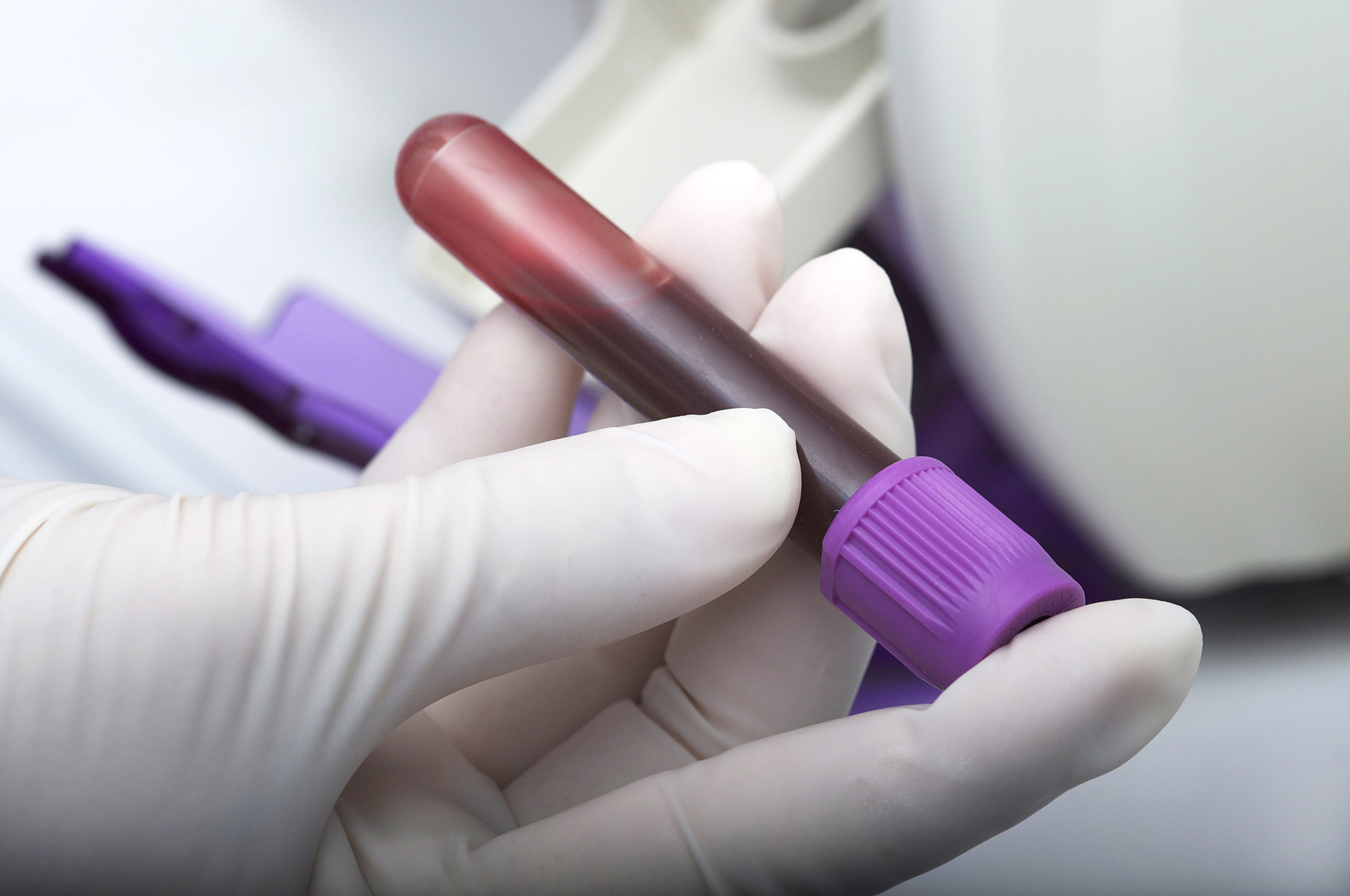
How does prostate cancer treatment affect mental health?

5 timeless habits for better health

What are the symptoms of prostate cancer?

Is your breakfast cereal healthy?

When pain signals an emergency: Symptoms you should never ignore

Does exercise give you energy?

Acupuncture for pain relief: How it works and what to expect

How to avoid jet lag: Tips for staying alert when you travel

Biofeedback therapy: How it works and how it can help relieve pain

Best vitamins and minerals for energy
Men's Health Archive
Articles
What exercises are best for bone health?
On call
Q. Do men have to worry about bone health, and if so, what are the best exercises to keep my bones strong?
A. Most men have the advantage of continuing to produce bone-protecting testosterone throughout life. But the level of the male hormone declines with age and therefore may not be sufficient to keep bones strong as a man hits his later years.
In search of better ways to find and treat prostate cancer
Biomarkers are molecular signatures of both normal and abnormal processes in the body. Here is a more formal definition proposed by a "definitions" working group associated with the National Institutes of Health: "A characteristic that is objectively measured and evaluated as an indicator of normal biologic processes, pathogenic processes, or pharmacological responses to a therapeutic intervention."
Proteins, fragments of proteins, enzymes, DNA, the RNA molecules that "read" DNA—they all can serve as biomarkers. Blood is an ideal source material because it's easy to collect and examine, but biomarkers can also be found in other body fluids, like urine, and in tissue itself. Biomarkers can inform decisions before, during, and after treatment.
Thriving with localized prostate cancer
There's a lot you can do to improve your outcome if you're taking an active surveillance approach to your diagnosis.
Image: © Nastasic/Getty Images
About 90% of men diagnosed with prostate cancer have the localized kind, which means the cancer is confined to the prostate gland. And for many, a reasonable approach is active surveillance, in which men choose to monitor their cancer instead of going straight into invasive treatments, such as surgery or radiation therapy.
Active surveillance includes a doctor visit about every six months, most often with a prostate-specific antigen (PSA) blood test and digital rectal exam.
Finding hidden risk for heart disease
These conditions are associated with a higher risk.
Image: © IvelinRadkov/Getty Images
Most men are familiar with the common strategies to reduce their heart disease risk: keep cholesterol in check, manage high blood pressure, follow a heart-healthy diet, and perform regular exercise. But there may be other preventive steps you can take.
"Some age-related conditions can further increase your risk without you knowing it, which is why it's important to be mindful about all aspects of your health," says Dr. Michael Gavin, a cardiologist with Harvard-affiliated Beth Israel Deaconess Medical Center. "Fortunately, once they are recognized, these other risk factors can be addressed and managed."
Straight talk about your sex life
Although many older men enjoy active sex lives, most don't share sex-related questions and concerns with their doctor.
Image: © bernardbodo/Getty Images
While you discuss many subjects with your doctor, like proper blood pressure and cholesterol levels, your sex life probably doesn't make the list — but it should.
"Even though you may have an aging body, you can still feel healthy, vigorous, and full of life, and your sex life should be part of that," says Dr. Sharon Bober, director of the Sexual Health Program at Harvard-affiliated Dana-Farber Cancer Institute.
Is prostate cancer linked with other cancers?
On call
Q. I was recently diagnosed with prostate cancer. Does the occurrence of one type of cancer indicate a greater risk of developing other kinds?
A. Prostate cancer is the most common cancer among men, and almost every man will get prostate cancer if he lives long enough. In general, prostate cancer that develops after age 60 probably does not increase the risk of getting a different kind of cancer. However, there are some exceptions.
Prostate screening guideline highlights patient choice
In the journals
Image: © jarun011/Getty Images
The U.S. Preventive Services Task Force recently updated its guideline for prostate-specific antigen (PSA) screening for prostate cancer.
The group now recommends that for men ages 55 to 69, screening should be an individual choice, and a man should discuss the pros and cons with his doctor before making a decision. The report, published online May 8, 2018, by The Journal of the American Medical Association, differs from the 2012 guidelines that recommended against screening for all men.
New blood test guides researchers toward the best treatment for aggressive prostate cancer
Tumors that spread, or metastasize, in the body shed cells into blood that doctors can scrutinize for insights into what a patient’s cancer might do. Analyzing these so-called circulating tumor cells (CTCs) isn’t part of routine care yet, in part because they’re so hard to pick out of the millions of normal cells in a […]

How does prostate cancer treatment affect mental health?

5 timeless habits for better health

What are the symptoms of prostate cancer?

Is your breakfast cereal healthy?

When pain signals an emergency: Symptoms you should never ignore

Does exercise give you energy?

Acupuncture for pain relief: How it works and what to expect

How to avoid jet lag: Tips for staying alert when you travel

Biofeedback therapy: How it works and how it can help relieve pain

Best vitamins and minerals for energy
Free Healthbeat Signup
Get the latest in health news delivered to your inbox!
Sign Up










